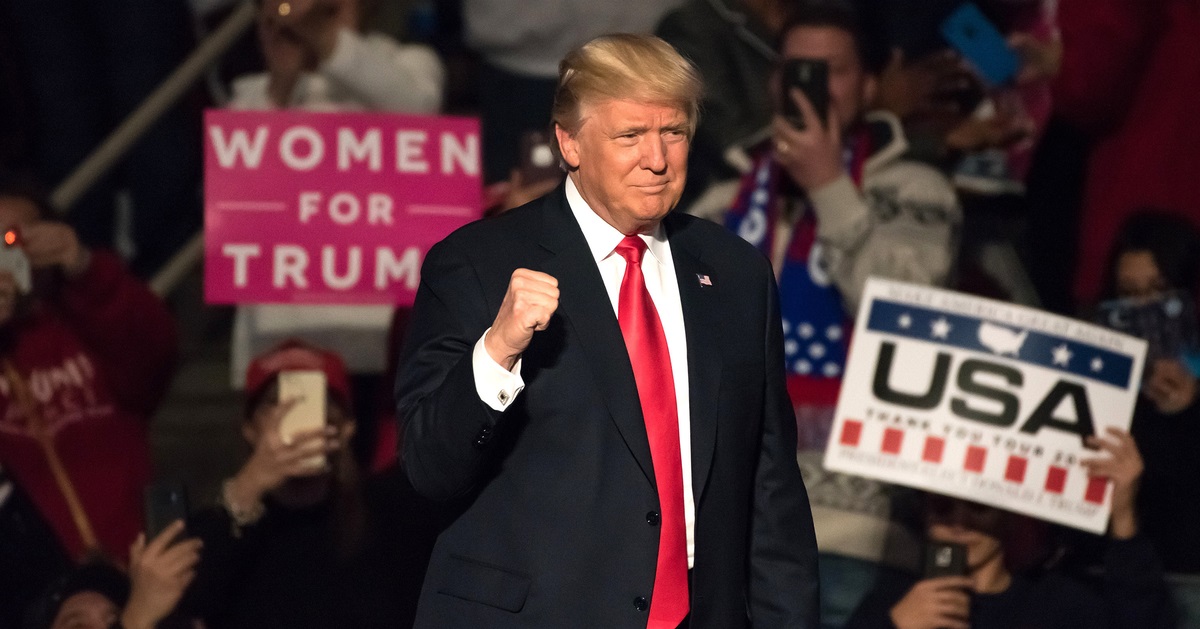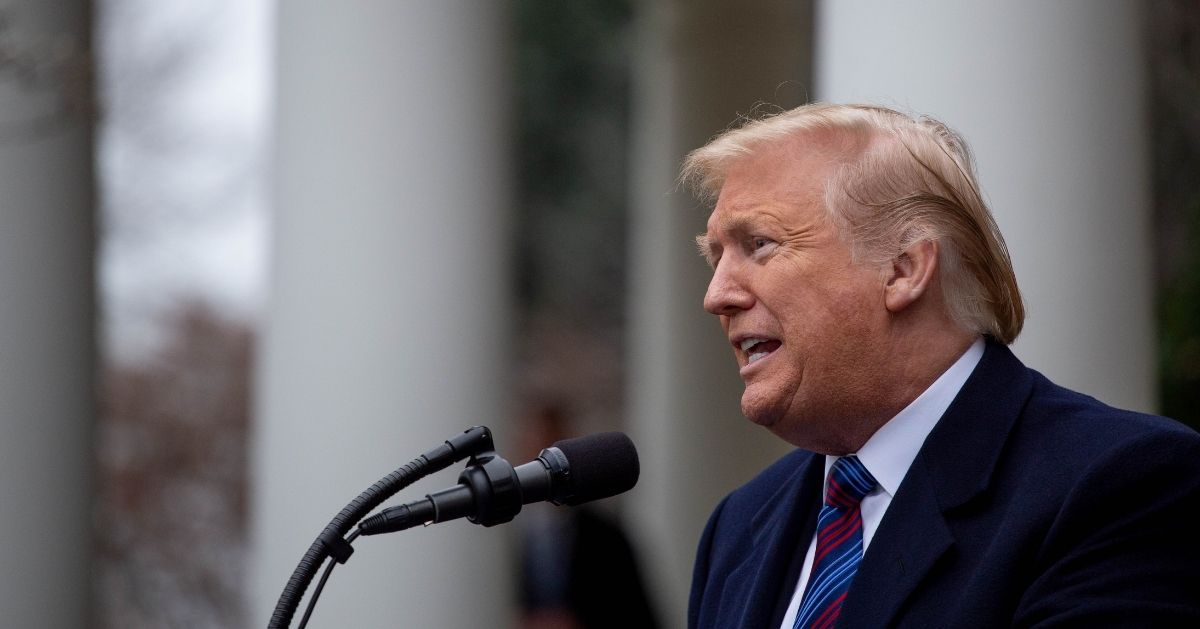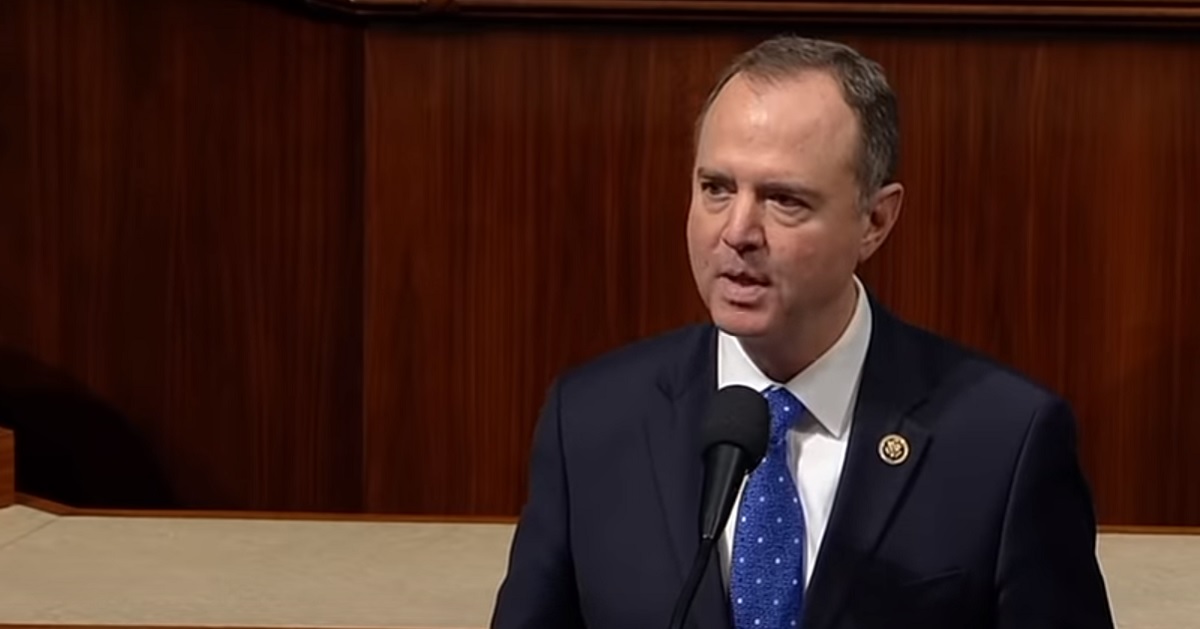DANIEL VAUGHAN: The Olympics Opening Ceremony And The Pagan Dark Ages
It is the opening ceremony that was seen around the world and caused non-stop commotion. For all the debate about what it represented, its official name was "La Cène sur la Seine." Translated into English, that means "The Last Supper on the Seine." This wasn't a depiction of the feast of the gods; it was a depiction of the Last Supper, one of the more venerated images in Christendom—and another sign of a world descending into paganism.
As French media summed up, "The main characters of the Italian painter's masterpiece were this time played in the flesh by drag queens, a transgender model and on the table, under a giant bell, Philippe Katerine in almost naked Dionysus."
Lest you think this was just an artistic thing, Jolly disabused anyone of that point, too. He said, "This ceremony is political for me, in the sense of polite, the Greek word, it brings together the city, the continent the world ... There is no desire to be subversive or shock but to say we are this great We with the republican ideas of inclusion, generosity, solidarity that we greatly need. Here, artistic creation is free, we have this chance. There is not the will to pass on militant messages but republican messages: in France, we have the right to love each other as we want, in France we have the right to believe or not to believe. The idea was to make these values appear."
Elsewhere, Jolly added, "There's Dionysus arriving on a table. Why is he there? First and foremost because he is the god of celebration in Greek mythology and the tableau is called 'Festivity'... He is also the god of wine, which is also one of the jewels of France, and the father of Séquana, the goddess of the river Seine. The idea was to depict a big pagan celebration, linked to the gods of Olympus, and thus the Olympics."
The last point is critical to understanding this turn: it's a big pagan celebration.
The resurgence of paganism, in the form of Neo-paganism, is rampant. The Olympics serving as a "coming out" story of sorts, is unsurprising. The Olympic torch being lit had a ceremony, too. Back in April, NBC News reported, "In keeping with the ancient custom, actor Mary Mina, a "high priestess," asked the sun god Apollo for help in lighting the flame in the ruins of the temple of Hera, the wife of Zeus and queen of the gods."
From that moment to the opening ceremonies in Paris, it was a big pagan celebration.
This is not just my observation. Last December, The Economist ran an article describing the rise of paganism in the United States and Europe. The Economist wasn't the first to make this observation. Commentary Magazine, one of the leading Jewish political outlets, ran a piece in May 2023 describing the return of paganism, too, and how that threatened Jews.
Catholics have noticed this trend, too, with First Things publishing pieces on the topic. And Ross Douthat in the New York Times noted that paganism had a disturbing surge in 2018. A 2021 op-en in the Times asked more bluntly, "Is the West Becoming Pagan Again?"
Like most modern pagans, the punches at Christianity are typical. That's not surprising. What's changed is that the big pagan celebrations are in the open, at massive events like the Olympics. These aren't the things of novels and basements. Paganism is on display in Paris, declaring "the new gay testament."
These are the pagans, celebrating pagan "virtue," and blasting the state religion of France in the process. Before the French Revolution, France was considered the "eldest daughter" of the Catholic Church.
The social mores of the church are replaced with those of the pagan. As noted in Commentary, this is the full unleashing of the human appetite: "Nothing is true, everything is permitted. These were the last words, allegedly, of Hasan i-Sabbah—the ninth-century Arab warlord whose group, the Hash'shashin, gave us the English word "assassins." And his dictum perfectly captures the soul of paganism, illuminated by the idea that no fixed system of belief or set of solid convictions ought to constrain us as we stumble our way through life."
As Thomas Jolly said of the Olympic pagan celebration, "in France, we have the right to love each other as we want, in France we have the right to believe or not to believe. The idea was to make these values appear." Nothing is forbidden, there is no sin, and everyone gets what he or she wants.
The Olympic display wasn't an attack on Christianity, as everyone is declaring, though it appears as much. It's an assertion that paganism has returned, and its social mores rule the day. The Olympic torch they carry is supposed to be the new light mankind follows, descending backward through time, escaping the grasp of enlightenment and Judeo-Christian social structures and running into the true dark ages—big pagan celebrations.
What's forgotten is the brutality of the pagan age on each country it once ruled with an iron fist. Death, rape, torture, and more control when the full array of human lust and appetite gets unleashed. Instead of seeing the warning signs, we're entertaining ourselves to death. We're becoming the epitome of Aldous Huxley's "Brave New World," and throwing off anything to get that future.
At the Last Supper, Jesus celebrated Passover with the Apostles and gave himself up for our sins. In the pagan reinterpretation, there's no sin at all, and anything goes. And with that assertion, mankind descends into depravity, and Paris, the "city of lights," literally goes dark.






